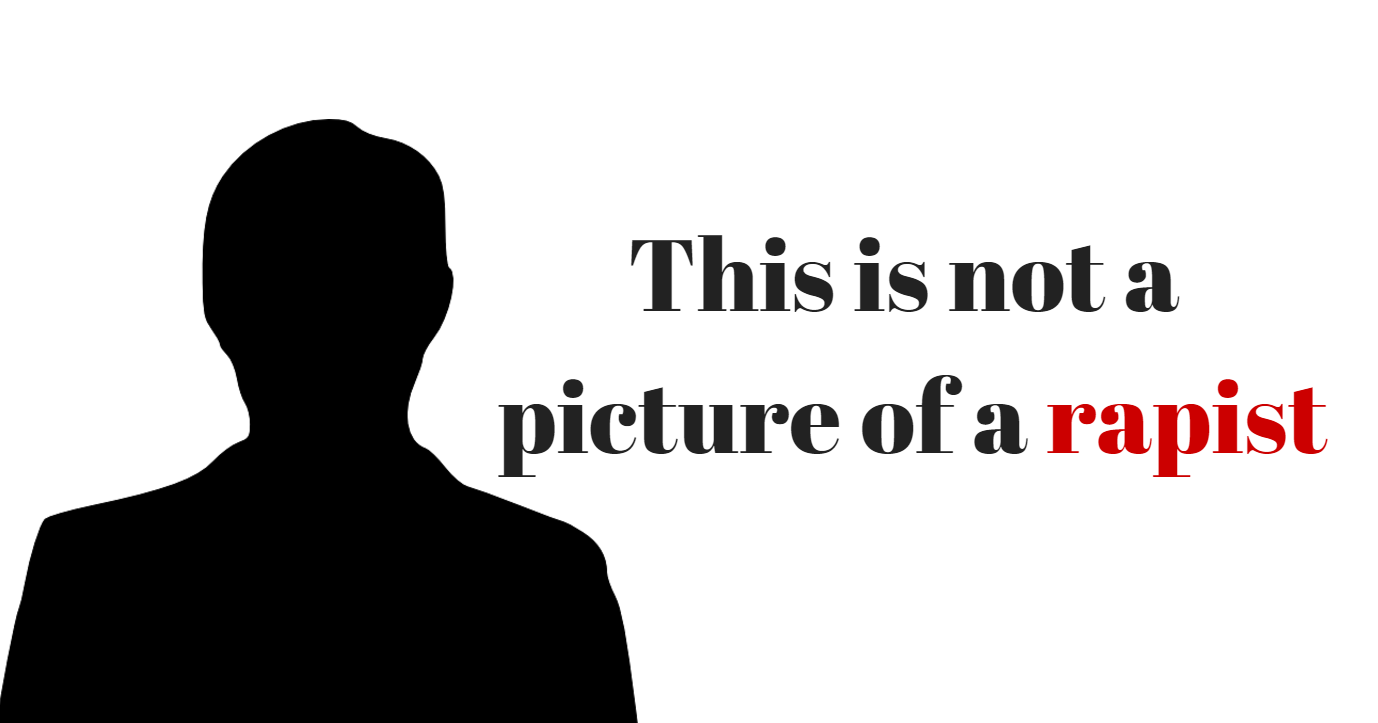Like this article? rabble is reader-supported journalism. Chip in to keep stories like these coming.
How long does it take for a woman’s compelling, powerful and tragic statement of her rape by an elite white athlete to become all about the men?
About two days.
At least that was the case for the victim of Stanford’s swimming rapist. On June 3, she published her statement on the effects of the assault on her life since the rape and blew up the internet.
She described being raped while she was unconscious, learning the details of her assault from the news, a shattering trial. Her rapist’s refusal to acknowledge his guilt after conviction on three counts of sexual assault and his father’s pleas lamenting the loss of his son’s privileged position as an Ivy League athlete have inspired widespread outrage.
The case has become a flashpoint for a widespread dissatisfaction with the American legal system’s inability to deliver justice for victims of sexual assault when the guilty are elite white men of privileged backgrounds and occupations.
Her words were so powerful that almost a million people took action, signing a petition to remove the judge in the case. But despite the resounding chorus of support, the narrative swiftly shifted from her words and her experience to focus on the men in the story.
First it was the rapist himself: his status as an elite athlete, his half-baked defenses and of course, widespread condemnation, with his smarmy mug splattered across social media feeds. His hometown. His perspective. His frat.
Next it became about the judge, as women started recall petitions to have him removed (unlike Canada, some American judges are elected). The judge’s background was examined, his status as a Stanford alumni, his former position as an athlete at the school. There were stories about other light sentences he’s given and thinkpieces written about all the reasons why no one should be surprised that this particular judge gave this particular guy such a light sentence.
When the defenses from the rapist’s family were released people took aim at his father, whose defense of his son painted a pretty good picture of where the rapist learned how to be an adult. “20 minutes of action” as a euphemism for sexual assault is now semi-permanently seared into public consciousness.
Now the narrative has shifted to focus on the heroes: two men who came across the assault and intervened. We know that they’re Swedes. We know that they’re PhD students. We know that they’re nice. We hope that if we’re ever being raped while unconscious behind a dumpster, guys like this will help us out.
Disposable women
There are two problems with how this story has evolved.
The first is obvious: we’ve moved so far away from the narrative of the survivor that the most important character of the story isn’t her anymore. She remains the protagonist, but only peripherally. It reminds women that our place in society is immovable: that despite having written such a powerful piece detailing her experience of sexist trauma and violation, women are still less important than men. Women are less newsworthy. Women are effectively disposable.
Sure, some of the obsession with the men is a progressive appeal to men to change things or to intervene. But this is the second problem.
A narrative has emerged, parallel to the dominant thinking around how to build a culture of consent, that focuses on individual solutions: how men need re-education, to be called out or be held accountable. But narratives that focus on this rapist (or his father) needing to “know better” than to rape are missing most of the picture: how patriarchy, white supremacy and sexism operate together.
Rapists rape because they think they are entitled to, because they can, and because they know they have the power to. The support within the system this asshole has received and the light prison sentence are adequate demonstrations of that power. When we say we want to dismantle the patriarchy, we have to mean we want to dismantle the institutional structures that give some men the power to operate with impunity, to injure as they’d like and to receive few to no consequences for their behaviour.
Educating elite white men with structural power about consent, or calling them out when they ignore it, or even punishing them individually when they transgress is not good enough. Necessary, yes, but battling white supremacy, dismantling class privilege, and combatting the worship of star athletes are simultaneously necessary and they require collective, not individual solutions.
When we focus on the failures of the father, our attention is turned away from the broader systemic issues we need to confront. When we focus on the judge’s decision, rather than the institution he represents, we miss important opportunities to demand change.
When we focus on the prison sentence, we forget the fact that jail isn’t justice. We lose an opportunity to talk out what justice for sexual assault would look like and how that would have to include prevent and a societal transformation.
The victim impact statement of the survivor of this horrific assault needs to remain the central voice in this discussion. Her courage and strength should remain our focus. Rather than obsessing over the men and whether we should give them each an ass kick or a handshake, we desperately need to zoom out and talk about the broader implications, the wider structures and the necessary fundamental changes that need to form the basis of our collective work.
Like this article? rabble is reader-supported journalism. Chip in to keep stories like these coming.



